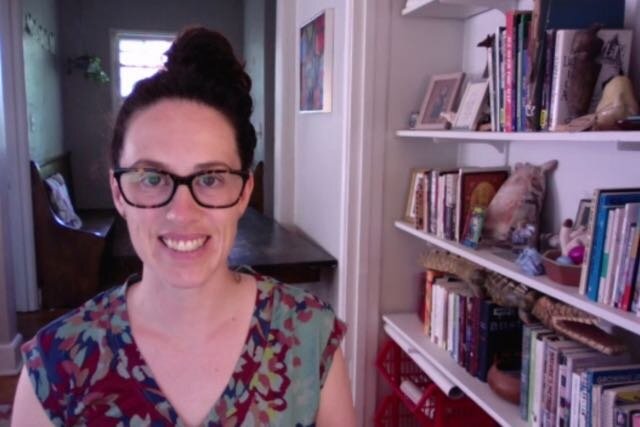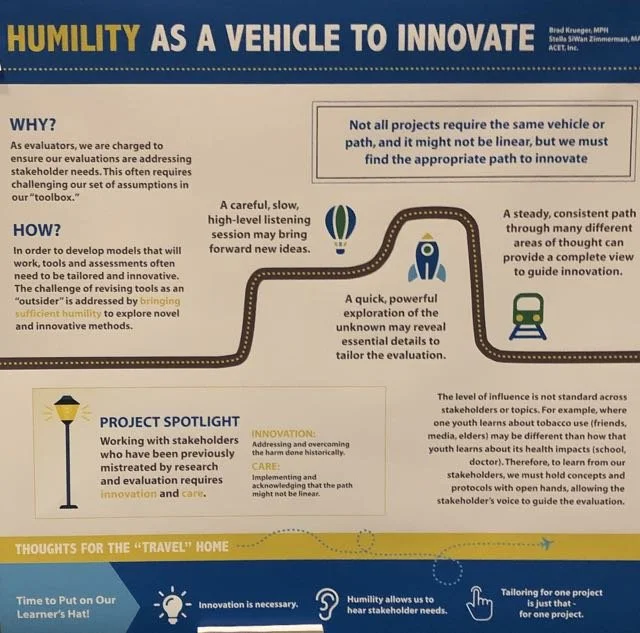
News
Discover relevant topics that ACET is currently working on, such as developing SMART goals, creating strategic plans, assessing community readiness, and improving outcomes.
Category
- ACET
- Amy Gustafson
- Ashley Kitchen
- Bree Zimmerman
- Carlos Gallego
- Charles Rivers
- Children
- Collaboration
- Communication
- Community Outreach
- Community Readiness
- Community of Practice
- Consulting
- Crime
- Cultural Assessments
- Cultural Connections
- Data
- Data Coordinator
- Equity
- Evaluation
- Facilitation
- Flowcharts
- Focus Groups
- Funding
- Grant Alert
- Graphic Design
- Health
- Indigenous
- Interviews
- Jolene Roehlkepartain
- Kamarrie Coleman
- Lisa Perkins Smith
- Maggi Seybold
- Max Davis
- Mick Alvarez Flores
- Partnerships
- Pediatric
- Photography
- Productivity
- Profile
- Program Fidelity
- Public Health
- Quality Improvement
- Rachel Engh
- Rating Scales
- Research
- Small Business
- Stakeholder Groups
- Strategic Planning
- Surveys
4 Ways to Evaluate Effectively in a Virtual Environment
Creating effective evaluations virtually is important during a global pandemic. Here are 4 key ways we’ve discovered to make evaluation effective:
Creating an Effective Community of Practice
For years, ACET has evaluated projects that have involved a Community of Practice (CoP). We’ve helped to form new Communities of Practice, and we’ve also worked on adding new life to CoPs that have become inactive.
Humility as a Vehicle to Innovate
As evaluators, we work to ensure our evaluations address stakeholder needs.
Facilitation as a Cooperative Process
Facilitation is an integral part of the work that ACET engages in with many of our clients.
Working Effectively with Multiple Stakeholder Groups
For an evaluation to go well and be sustainable over time, it is essential to engage multiple stakeholder groups.





